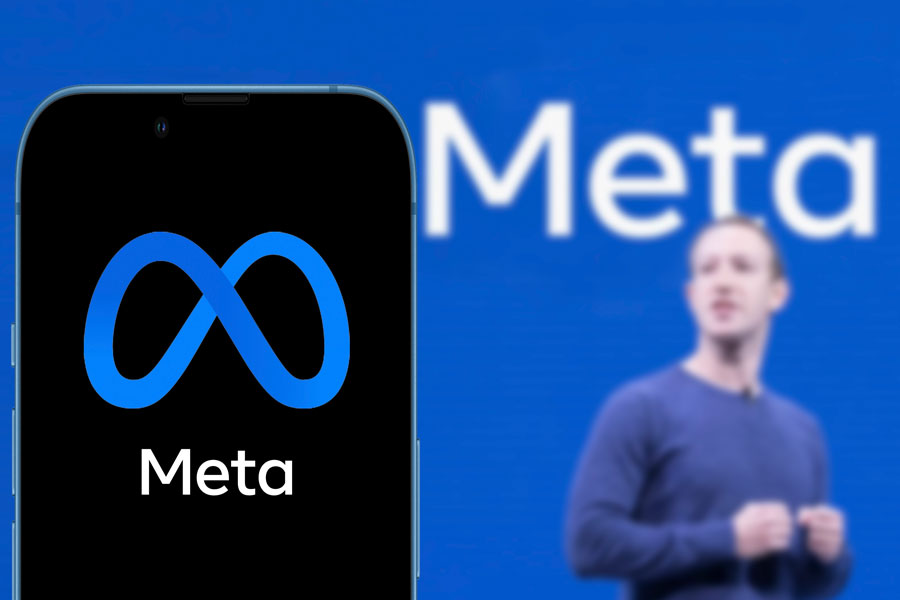
NEW YORK, NY – States across America are taking the reins in controlling how children interact with social media, as a rising number of legislative proposals and enactments are starting to reshape the digital landscape. Notably, New York Governor Kathy Hochul has prioritized a bill this year aiming at bolstering children’s online safety.
While multi-state regulatory actions may seem like a concrete step in bridging the media-children gap, there’s an underlining concern from Meta’s policy experts, who argue that this piecemeal approach isn’t the answer. Dayna Geldwert, a public policy manager for Meta – the parent company of Facebook – pointed out an overarching problem with different state laws.
Geldwert highlighted, “These social media laws will hold different platforms to different standards in different states and they will leave teens with different online experiences and just a whole mess for parents.”
To counter this inconsistency, Meta is championing for federal-level legislation, bringing all the states under a unified set of rules. Based on a proposal Meta developed in collaboration with organizations, parents, and policymakers, the company is advocating for a straightforward, industry-wide solution.
As Geldwert explained, “We believe the best way to support parents and young parents is a simple industry-wide solution where all apps are held to the same consistent standard.”
A common theme across many state laws includes requiring age verification and parental consent, an area fraught with implementation difficulties and possible privacy issues. To get around this, Meta has proposed a simple, yet effective solution: requiring parental approval whenever teens under 16 aim to download new apps from the app store.
Geldwert emphasizes that this approach would equip parents with a centralized location to oversee and approve their teens’ online activity, ensuring they are not accessing adult or inappropriate content.
Meta’s proposal also stretches beyond parental control. Building onto the framework, it calls on the federal government to demand apps to incorporate supervision controls, compose industry standards for advertising targeting children below 16, and establish a content rating system.
“We think it should be similar to movies and video games ratings. We just really believe it’s important that we have these industry standards so that parents can rely on that when they’re making decisions about their teens online experiences,” Geldwert said.
Another contentious point is the use of predictive algorithms. Many pieces of legislation aim to ban the functionalities of these algorithms. However, Meta stands in opposition to this action, arguing these algorithms are crucial for the creation of a more personalized online experience as well as providing robust protection measures such as filtering out age-inappropriate content and limiting adult interactions with teen accounts.
Meta was firm in its belief that federal legislation should hold preeminence over state laws to circumvent inconsistencies from one state to another.
What comes to the fore here is the need for a harmonious balance between media consumption by children, and legislatively tightening the ropes of that interaction. The vision, as expressed by Meta and professionals alike, is for an online world where every child, irrespective of the state they live in, enjoys an equally safe digital experience, and where parents have a clear, straightforward oversight into their children’s online activities. Legislative decisions on that balance will shape not only the future of societally crucial platforms like Meta but also the safety and the nature of children’s encounters with the digital world for years to come.


